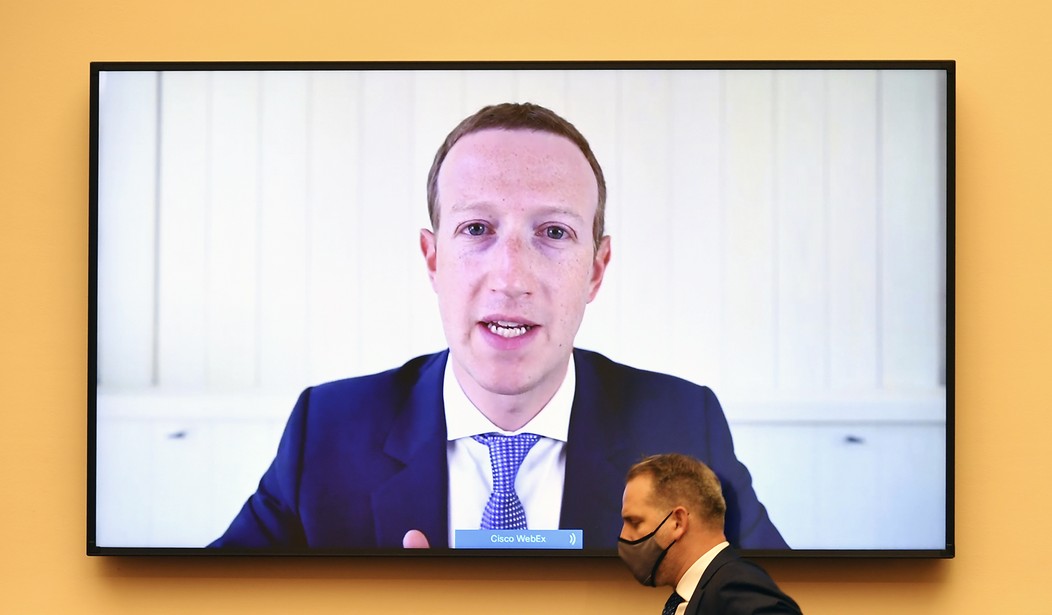Facebook made headlines earlier this week with its promise to quit using its controversial facial recognition system, but that promise doesn’t apply to the social media’s parent company.
On Tuesday, Facebook announced a seemingly sweeping set of reforms. Not only would the social media giant quit using its privacy-busting facial recognition algorithm, but over the next few weeks they would remove Facebook services relying on it and delete the digital face templates of over one billion users.
Score a win for privacy, now that Facebook will delete its digital trove of facial recognition data of people who might not even be Facebook users, right?
Not so fast.
Last week, Facebook made another big announcement.
“Facebook” has long been the name of the parent company that owns such valuable online properties as WhatsApp, Instagram, and (of course) Facebook. But from now on, the parent company will be called “Meta.”
Facebook will still be Facebook and Instagram will still be Instagram, but the sign in front of the exact same Menlo Park headquarters will say “Meta” on it instead of “Facebook.”
If you think that when it comes to privacy little will change except for the name, you might be onto something.
Meta is CEO Mark Zuckerberg’s vision for the future of the company, and that future would seem to include all the creepiness Facebook became infamous for.
On Wednesday, Meta issued something like a “clarification‘ (cough, cough) to its new privacy policy.
Recommended: Midterm Election Disaster: Will the Democrats Ever Learn?
Recode has the dirty details:
While Meta says that facial recognition isn’t a feature on Instagram and its Portal devices, the company’s new commitment doesn’t apply to its metaverse products, Meta spokesperson Jason Grosse told Recode. In fact, Meta is already exploring ways to incorporate biometrics into its emerging metaverse business, which aims to build a virtual, internet-based simulation where people can interact as avatars. Meta is also keeping DeepFace, the sophisticated algorithm that powers its photo-tagging facial recognition feature.
If Meta is Zuckerberg’s future vision for the company formerly known as Facebook, it looks an awful lot like his old vision:
It’s possible that defending this particular use of facial recognition technology has become too expensive for Facebook and that the social network has already gotten what it needs out of the tool. Meta hasn’t ruled out using DeepFace in the future, and companies including Google have already incorporated facial recognition into security cameras. Future virtual reality hardware could also collect lots of biometric data.
Meta’s Oculus virtual reality headset — since it doesn’t fall under the Facebook brand — will presumably keep collecting all the same private data, including that ingrown hair you got shaving the other day.
And since Oculus is tied to users’ Facebook accounts, Facebook’s new privacy policy looks a lot like a difference without a distinction.
Oculus is just one small part of Meta’s “metaverse” future — Facebook, Instagram, and the rest are destined to be the company’s past.
If you had suspected, as I and many others had, that Facebook’s Meta rebranding was little more than a way to continue the same old creepiness under a less-toxic brand name, it seems like your suspicions were correct.









Join the conversation as a VIP Member